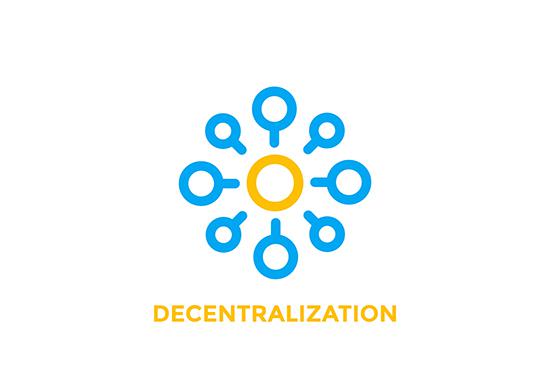Decentralized Protocols Definition
What are Decentralized Protocols?
A decentralized protocol is a protocol where client and host nodes combine to create a general network. Both the client and hosts nodes must be supported by the software used for the protocol.

The host nodes are connected to form a type of backbone for the network, providing a gateway to the network for client nodes. The host nodes pass messages from client nodes to all other host nodes in the network. Likewise, messages received from other hosts are forwarded to all the client nodes that are supported.
The combination of host nodes and client nodes allow for the creation of client applications that are connected to the network. For example, both Bitcoin and Ethereum have client applications that allow users to download the entire blockchains in order to take part in the node network.
Decentralized Protocols Advantages
Direct interaction – By removing third party intermediaries, each node can interact with all other nodes directly. This streamlines processes.
Decentralization – The protocols are not controlled by a central entity like a bank, government, or corporation. Decentralized protocols are free to operate on consensus.
Uniformity – Each node has access to the same network. Traditional protocols are fragmented, with the result that conflicts arise out of network disputes. Decentralized protocols ensure that all nodes are on the same page.
Foundational – By nature, decentralized protocols are public.They are open source in that any developer can build decentralized applications (dapps) off of them. Decentralized protocols are one of the main reasons why there has been an enormous increase in the number of blockchain powered platforms.
Monetized – Many companies are monetizing their distributed protocols by creating internal assets and selling them to pay for the creation and implementation of the protocol. This is what many ICOs are doing.
